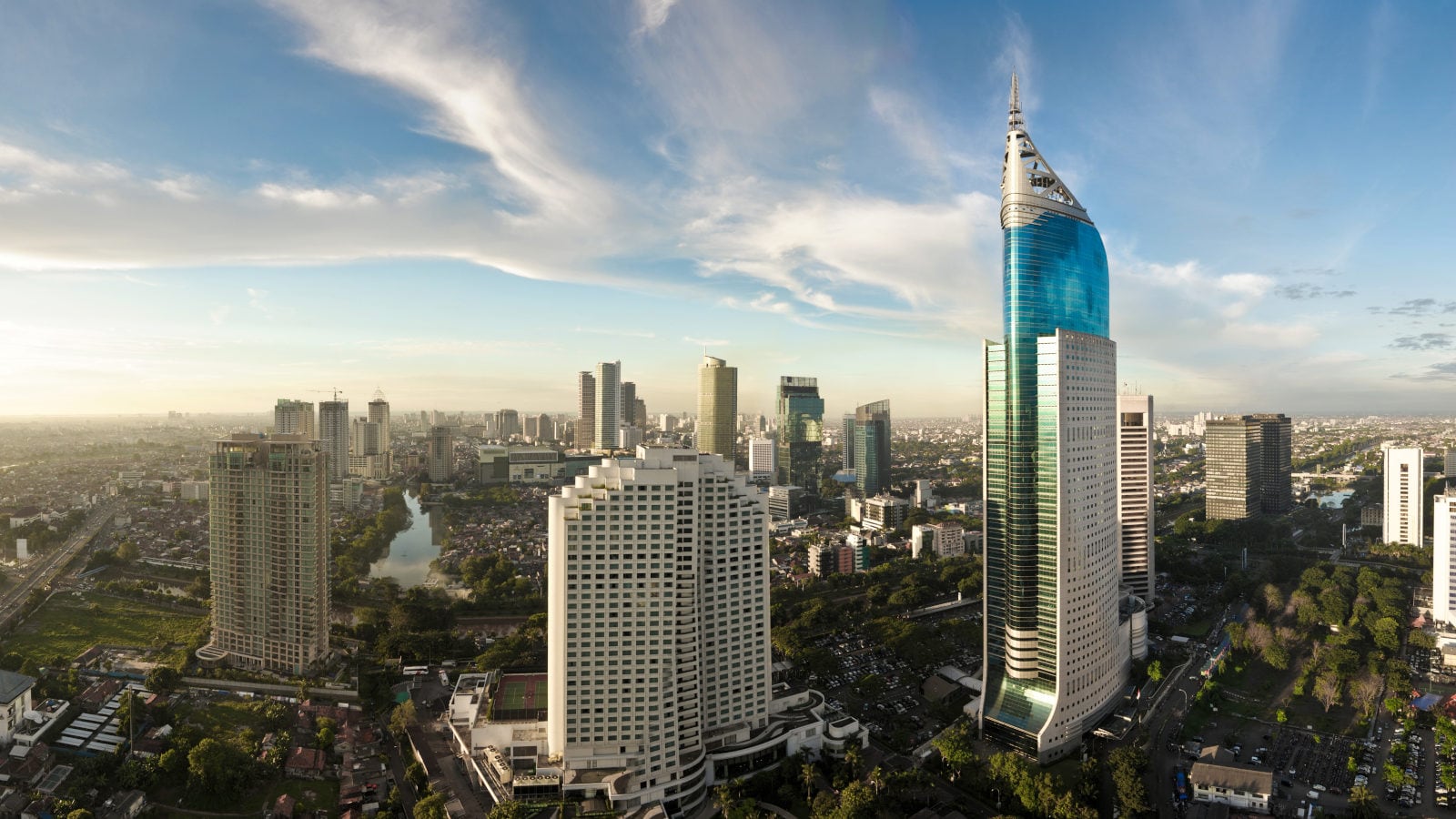Overview
As the business world continues to address wide-ranging environmental, social and governance (ESG) issues, there has been a strong focus on the development of globally consistent, comparable and trusted sustainability reporting standards.
Investors and broader stakeholders are increasingly demanding more strategic and holistic information about long-term value creation and companies’ wider impact on society. They have highlighted the need for sustainability (ESG or non-financial) information to be reported in a way that is globally consistent, comparable and trusted.
In this report, we analyse several areas of sustainability reporting in Asia Pacific that would provide insights into:
- Developments in the global sustainability reporting ecosystem
- Developments in sustainability reporting requirements in Asia Pacific jurisdictions
- Sustainability reporting practices across Asia-Pacific jurisdictions
We have partnered with the National University of Singapore (NUS) Centre for Governance and Sustainability (CGS) to provide insights from across the largest 650 listed companies in Asia Pacific by reviewing key sustainability reporting elements, based on sustainability reports issued in 2021.
These findings offer guidance in areas that may require additional focus as companies continue to develop consistent, comparable and trusted ESG information in the upcoming reporting season.
Report highlights

1. Why sustainability reporting matters
With increasing expectations on sustainability, it makes good business sense to focus on high quality sustainability reporting rooted in consistent, comparable and trusted sustainability information.
Quality sustainability reporting can build trust through transparency and managing risks and opportunities. This can in turn enhance corporate value and resilience.
However, critical elements need to be in place to achieve this including globally aligned sustainability reporting standards, and independently assured disclosures.
2. Evolution of sustainability reporting requirements across Asia Pacific
The complex ecosystem of sustainability reporting standards, frameworks and enablers are fast becoming clearer.
The creation of the International Sustainability Standards Board (ISSB) represents a step towards globally aligned sustainability standards that will drive consistency and comparability on sustainability reporting.
Concurrently, there are notable increasing sustainability reporting requirements, including in climate reporting requirements, by regulators across respective jurisdictions in Asia Pacific.
Reporters need to stay abreast of their local requirements, in addition to the global standards.


3. Insights on sustainability reporting in Asia Pacific
Materiality - almost all companies disclosed material topics, with 62% disclosing 10-20 material topics.
Climate change and risk management
• More than 70% of companies disclosed climate risk as a sustainability issue.
• However, 59% didn’t disclose how climate risk integrates into the organisational risk management.
Sustainability reporting frameworks - SDGs and GRI are the most commonly used followed by TCFD.
Governance and responsibility - board of directors’ training and linkage of ESG performance to remuneration are low (24% and 16% respectively).
Building trust, most jurisdictions do not have high rates of assurance (37%) over sustainability reports.
4. Achieving sustainability reporting excellence
Starting your sustainability reporting journey early and building a roadmap for sustainability reporting excellence, can put your organisation ahead of regulations and key stakeholder expectations.
To drive sustainability reporting excellence in your organisation, it is important to appreciate the key areas for sustainability reporting excellence, why each area is relevant and what it would entail across maturities.

Build trust with sustainability reporting
With the market increasingly demanding information about companies’ sustainability impact and value creation, companies should grasp opportunities to build greater trust with stakeholders and shareholders, by considering the following:

Engage stakeholder actively and address their concerns
While 81% of companies disclosed their stakeholder engagement channels, only 46% reported to have addressed stakeholder concerns. Companies need to explain how they have engaged with their principal stakeholders and how this has impacted its sustainability strategy and risk and opportunities planning processes.

Strengthen investor confidence through credible sustainability reporting
Only 37% of companies are found to have obtained external assurance from an independent party for their ESG disclosures. Companies need to consider including the assurance opinion, which should clearly state the scope of the work, the assurance standard followed and the work completed.

Better manage climate risks through risk management
While more than 70% of companies across nearly all jurisdictions disclose climate risk as a sustainability issue, most do not disclose how climate risk integrates into the organisational risk management. Integrating the climate-related risks into risk management is critical in managing these risks whether from an adaptation or mitigation perspective.

Consider motivating behaviours and action through training and remuneration
Upskilling for board of directors gives an indication of the board’s ability to discharge their governance and oversight duties. Linkage of ESG performance to executive remuneration aligns sustainability performance and behaviours with sustainability targets. It is noted that reporting of board of directors training and linkage of ESG performance to remuneration was low (at 24% and 16% respectively).















